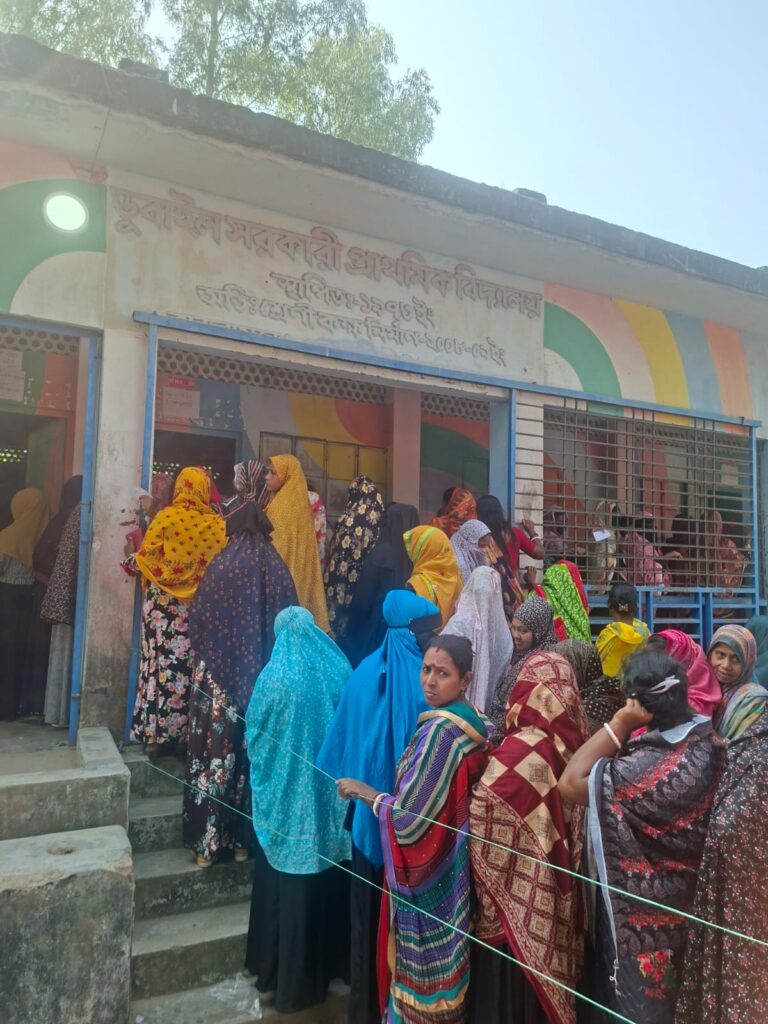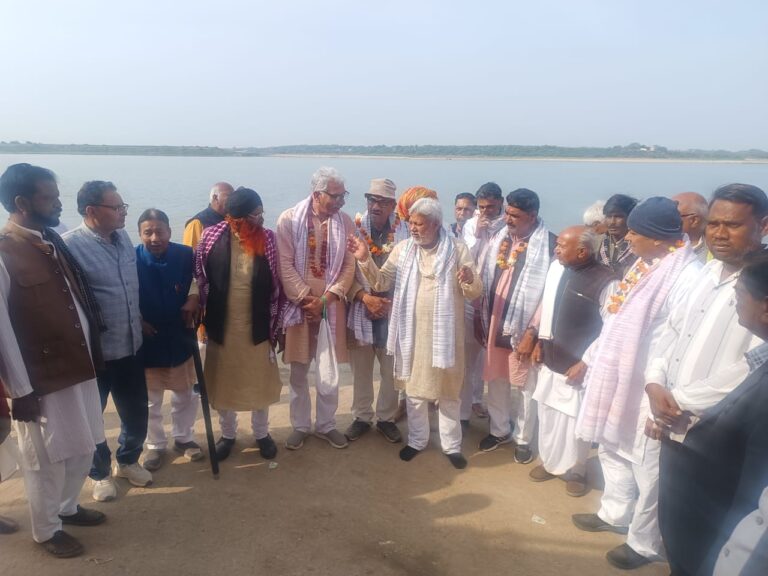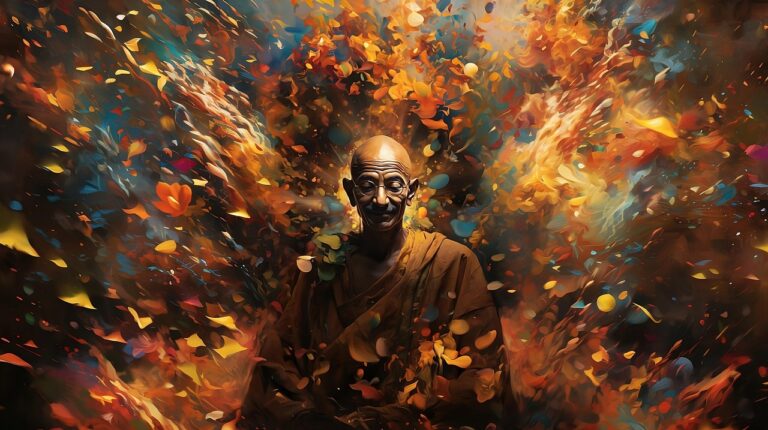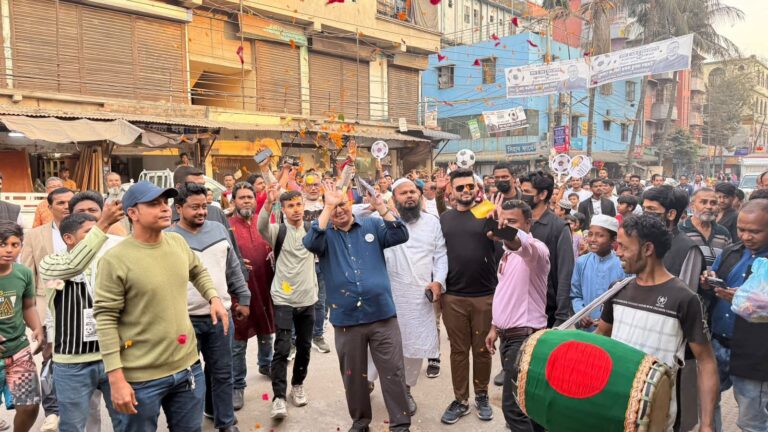
Rahul Gandhi in Lok Sabha
Opinion: It counts when Lok Sabha gets an LoP after a decade
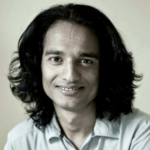 By Kaushal Kishore*
By Kaushal Kishore*
The first day of the 18th Lok Sabha appeared decorated with the Leader of Opposition (LoP), who was missing for a decade. In the formal khadi attire, Rahul Gandhi revisited how the dress ethics of the grand old party evolved in the previous century. He appeared elegant and cool, all prepared for the photo shoot reminding the tradition of the Nehru Gandhi family. Now he is going to be on the statutory panel selecting the Lok Pal, Central Bureau of Investigation (CBI) Director, Election Commissioners, Information Commissioners and Vigilance Commissioners. He has the rank of a minister in the Union cabinet.
But the very next day, in his usual outfits and with a series of controversial issues, Rahul returned to his original self. Then he focused on connecting with his electorate and the imprisoned INDIA block leader without calling the name of the Delhi Chief Minister Arvind Kejriwal out of sheer reverence.
Rahul Gandhi in 2013 referred to the power that so many people seek as actually a poison. At last, he moved a few steps ahead and joined the Audit and Expenditure Committee of the government. He is entitled to the 7th position in the ceremonial functions of the government in addition to a well-equipped office in the new parliament with staff and perks. As the LoP he is now privileged to initiate a debate and to respond to the speech of the Prime Minister. Both his father late Rajiv and his mother Sonia had earlier also served in the same capacity.
Rahul has travelled a long distance covering the length and breadth of India to wash the old image of Pappu. The northward long foot march helped him to create a new image of a philosopher or a Sufi when he reached the Kashmir valley with a beard. The series of two marches in the last two years helped him increase the party’s strength in the Parliament. He seems to be in a full-fledged election mode like the leaders of the Bharatiya Janata Party (BJP) and seems to continue it as long as he is not in power.
Rahul, as the LoP, was generous with the students on the streets against the paper leaks and farmers for the Minimum Support Price (MSP) with a legal guarantee. In addition to the uncontrolled inflation and unemployment, he raised the issue of Dalits with a demand for a caste census. The women and tribals were also a part of his first formal response to the Presidential address. It was crystal clear that the Congress leader had presented the gallery.
The impact of his maiden address is profoundly clear to the public and media. He has compelled Prime Minister Narendra Modi, Home Minister Amit Shah, Defence Minister Rajnath Singh, Environment Minister Bhupinder Yadav as well as certain other lawmakers to stand up firmly and raise their concerns. The unparliamentary references from his speech were expunged from the records of the proceedings, but are still available in the archives of Sansad TV and many other outlets.
The LoP defined the nonviolent trident of Lord Shiva and referred to his Abhaymudra (the fearlessness gesture) along with that of Guru Nanak Dev, Jesus Christ, etc. before comparing it with the Hand of the Congress. He said, “Lord Shiva says don’t get afraid and don’t scare others, shows Abhayamudra, talks about non-violence and buries his Trishool (trident) in the ground. Those who call themselves Hindus, they keep talking about violence, hate, and lies 24 hours a day.”
Prime Minister Narendra Modi responded to it on behalf of the Hindus, and then again the LoP continued, “You are not Hindus. In Hinduism, it is clearly written that you should stand by the truth and not back down from it. Not to get scared by the truth and that nonviolence is our symbol.”
This idea of a nonviolent trident and fearless gesture can be an extension of a debate Vinayak Damodar Savarkar and Mahatma Gandhi initiated in the context of the Ramayana and the Mahabharata in India House on Dusshera in 1909. Ayodhya is the butter in this milking process. The same year, on the voyage, while returning from London, the Mahatma had defined the British Parliament as the prostitute. He edited it in the revised edition of his book Hind Swaraj to please the women of his satyagraha brigade. But how the British lawmakers had treated Barrister MK Gandhi and his biographer Father Joseph Doke is an interesting narrative to unravel his reference to the brothel. In the previous century, Gandhi had characterised an average Hindu as a coward and an average Muslim as a bully. Here Rahul clearly contradicted Gandhi without giving anything plausible and reasonable in favour of his findings.
This is the beauty of the Indian democracy that the Union Home Minister Amit Shah folded his hands before seeking protection within the Parliament. Undoubtedly the impact of the Nehru-Gandhi scion is increasing steadily. He has been leading the House and most of the others fell into a trap. Before the end of the first session of the 18th Lok Sabha, lawmakers ensured that dialogue was no longer possible in the House. The glorious tradition of the founding fathers of the Indian nation-state was reduced to an unending series of monologues—between the noise and cacophony. Everything other than dialogue is possible in the Parliament to feed the internet media.
The LoP wrote a letter to the Speaker objecting to the 13 expunged parts of his first formal speech. Neither Rahul nor his party office recorded the deleted sections in their usual press conferences so no one can file a case in a court of law. The last time he suffered was due to the offensive comments he made out of the House. With this newfound maturity, Rahul can continue to play with symbols to gain greater ground.
The LoP tried to support the government in finding a solution to paper leaks and the crisis of education, but other lawmakers preferred to follow him on these issues of the public interest. What is notable was that the economic development of the rural population, involvement of global foundations in health care and monetary policy, and accountability of the union government in the face of global, national and local challenges largely remained out of the debate.
*Author of The Holy Ganga (Rupa 2008) and Honourary Secretary, Srishti Sustainable Development Foundation. Views published are personal.


